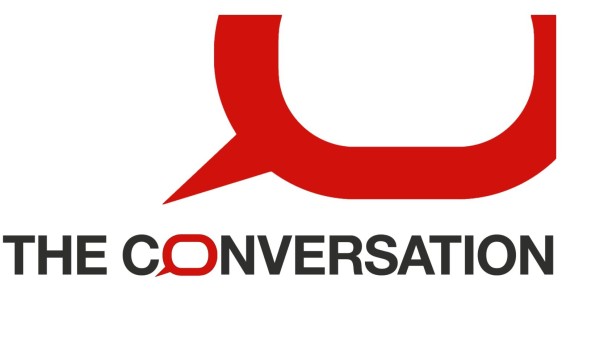NZ workers have few protections if their employer goes bust – fixing the Companies Act would help

Trish Keeper, Associate professor in Commercial Law, School of Accounting and Commercial Law, Te Herenga Waka — Victoria University of Wellington, writing for The Conversation
When independent supermarket startup Supie went bust last month, the company’s 120 employees were told they wouldn’t be paid for their last two weeks of work, or receive any of their owed annual leave pay.
The subsequent appointment of voluntary administrators again highlighted New Zealand’s limited protection for employees when their employer becomes insolvent.
Supie’s employees are not the first, nor will they be the last, to lose out when their employer goes under. In 2019, staff at restaurant chain Wagamama were owed NZ$50,000 when the company went into liquidation.
In both cases, the wages were eventually paid out by someone outside the company. In the case of Wagamama, by the franchise head office in the United Kingdom. Supie staff received their wages from an anonymous donor.
While the loss of money for any creditor is difficult, the double impact of losing wages as well as a job is particularly hard for employees.
So, what is it in New Zealand’s current legislation that puts employees in this difficult situation? And what can be done to protect staff when businesses fail?
The current pecking order
In terms of corporate insolvencies, there are three options: voluntary administration, receivership and liquidation.
Liquidations are the most common form of corporate insolvency process. When this happens, the company ceases to trade and a liquidator is appointed.
Under the Companies Act 1993, the liquidator’s role is to sell the company assets to repay unsecured creditors. In practice, only those assets not under a prior legal claim by one or more of the company’s creditors (for example, collateral used to secure a bank loan) are available to the liquidator to sell.
Once a liquidator has sold the company’s remaining assets, the Companies Act sets the order in which the debts are to be paid.
Preferential claims are to be paid before the claims of other unsecured creditors. Employees are considered preferential creditors.
There are five classes of preferential creditors in the Companies Act. Costs relating to the liquidation, including the liquidators’ fees, are ranked first, followed by the payment of unpaid wages and specified other amounts owed to employees.
Accordingly, amounts owed to employees are paid out after liquidation costs have been sorted – and only if there is any money left from the failed business. There is also a cap on what each employee can claim – currently set at $25,480 –regardless of what they are owed.
In practice, this means there is no guarantee employees will receive their unpaid wages when a business fails.
It all depends on whether there is enough money after secured creditors have accessed the assets used as collateral and the liquidator has paid their own fees. And this is often not the case.
Liquidators can take company directors to court for breaching their duties, such as recklessly trading. But this sort of action takes time, and there is no guarantee it will increase the amount of money available to unpaid staff. It took a decade for liquidators to secure a final judgement against the four directors of failed construction company Mainzeal.
Law changes could protect workers
New Zealand’s approach to protecting workers compares badly to other countries, where government schemes bolster the protections for unpaid employee debts. Such schemes operate alongside the preferential creditor rules in corporate law.
For example, in the Australian Corporations Act 2001, unpaid wages, superannuation contributions and certain other payments owed to employees are classed as preferential debts.
However, there is also a nationally-funded scheme that operates as a safety net for employees, which allows them to claim up to 13 weeks of unpaid wages, annual leave and other entitlements.
After the scheme makes a payment to employees, it then takes the employees’ place as a preferential creditor in the liquidation. A similar scheme operates in the UK.
Other options adopted in some countries include granting employee claims (capped or uncapped) “super-priority” status, which means they are paid before secured and other unsecured debts.
The previous New Zealand government, with support from Business New Zealand and the Council of Trade Unions, proposed introducing a social insurance scheme.
This would have paid up to seven months of wages at 80% of salary for most workers, funded through employee and employer contributions. But Labour eventually put the policy on ice, and the National Party has opposed such a scheme.
Because the government doesn’t collect the data, it is hard to say how many employees receive all or part of the amounts owing to them as preferential creditors when the company they work for fails.
But what is clear is that the current approach of labelling New Zealand workers privileged creditors does not guarantee they will see any money if their employers go into liquidation. The situation would be improved if New Zealand followed the best overseas examples.










